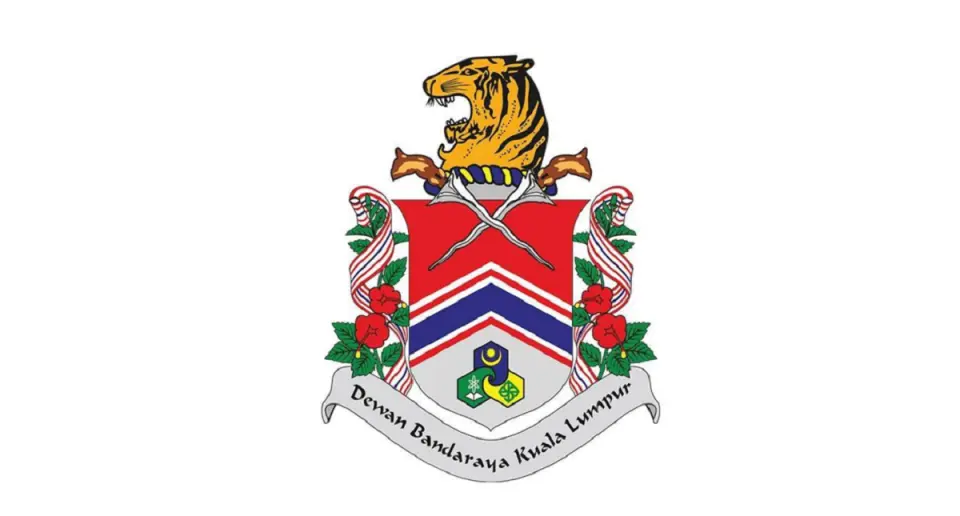KUALA LUMPUR, Oct 29 — The Kuala Lumpur City Hall (DBKL) has been urged to consider the proposed development of a common utility tunnel (CUT) system, similar to that in Putrajaya, to improve the efficiency of underground utility maintenance in the Federal capital.
Minister in the Prime Minister’s Department (Federal Territories) Dr Zaliha Mustafa said the CUT system in Putrajaya protected utility infrastructure like electricity cables, water pipes, and telecommunications from construction damage, while also allowing safe access for maintenance.
“The system can also be integrated with the city’s control centre using telemetry technology for safety monitoring. By adopting this technology, DBKL will certainly be able to improve both efficiency and safety in the maintenance of underground utilities.
“This is in line with CHASE City’s vision for a safe, healthy, and sustainable city,” she said in reply to Balik Pulau MP Datuk Muhammad Bakhtiar Wan Chik’s query on the government’s plans to upgrade and maintain underground utilities in Kuala Lumpur during the question-and-answer session in the Dewan Rakyat today.
Dr Zaliha added that improvements would continue to be implemented to strengthen DBKL’s role in increasing the efficiency of underground utility maintenance in the federal capital.
She also proposed to the Mayor of Kuala Lumpur that DBKL emulate the best practices of local authorities in developed nations like the United States, the United Kingdom, and Australia, which played a greater role in mapping underground utilities.
Local authorities in those countries are responsible for coordinating with different utility companies, ensuring that works related to underground utilities are performed in an orderly manner without disrupting other services or infrastructure.
For the time being, DBKL is only indirectly involved in regulating works related to underground utilities, particularly in terms of issuing dredging permits, monitoring safety, and ensuring that projects are executed according to specified standards.
Dr Zaliha explained that this was because the responsibility for upgrading and maintaining underground utilities, like sewerage, water supply, electricity, and telecommunications in Kuala Lumpur, rested with the companies that owned those assets.
— Bernama





